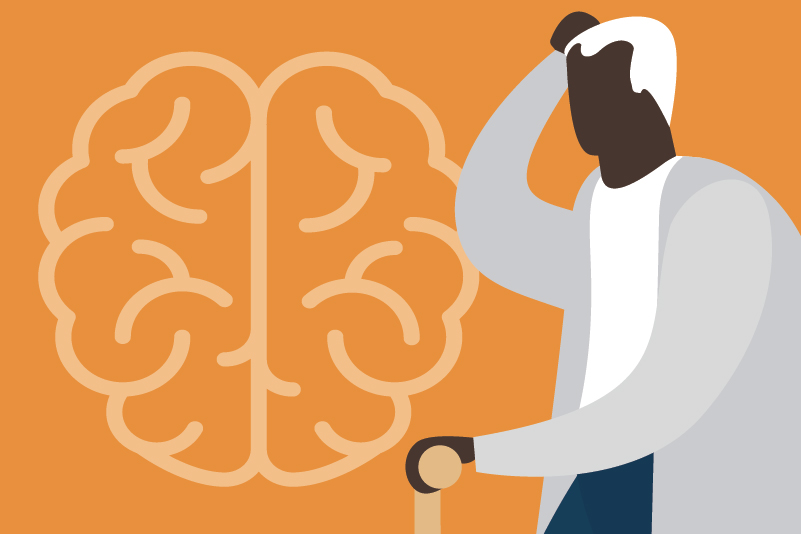#188 Trouble Sleeping: Spend less time in Bed?

Reading Tools for Practice Article can earn you MainPro+ Credits
Join NowAlready a CFPCLearn Member? Log in
- Seven Randomized Controlled Trials (RCTs):3-9 20-179 patients (overall 35% male, mean age 62), follow-up 4-24 weeks, mostly compared to sleep hygiene4-6,8,9 and mostly self-reported outcomes. Findings:
- Sleep efficiency (time asleep while in bed): In four of six studies, SRT statistically significantly improved over control:
- Attained 79-87% with SRT versus 68-79% with control.
- Sleep latency (delay getting to sleep): In three of six studies, SRT statistically significant:
- Falling asleep 6-19 minutes faster than control.
- Other outcomes:
- Total time asleep generally not statistically different from control,3,4,6 but may be slightly lower with SRT in first eight weeks.9
- Response, remission or “better” (variably defined):3-5,8 Number Needed to Treat (NNT)=2 for any improvement8 to NNT=6 for remission.3
- Stopping hypnotic medications:6 53% with SRT versus 15%, NNT=3.
- Adverse events not reported.
- Benefits persisted 6-12 months.3,4,6
- Sleep efficiency (time asleep while in bed): In four of six studies, SRT statistically significantly improved over control:
- Best RCT (highest quality and used primary care patients): All 97 patients got sleep hygiene advice and half randomized to SRT.4
- SRT included sleep prescription from general practitioner given with one follow-up (then self-administered).
- Results similar to above, plus:
- Sleep quality score (0-21, mean 10.4): SRT improved score 3.9 versus 2.2 (clinically meaningful difference=3).
- Improved fatigue score 18% more than control.
- Harms: Accidents 14% SRT versus 29% control, not statistically different.
- Multiple issues (examples): Studies underpowered,5-9 many outcomes analyzed,3,4,6-9 baseline characteristics unbalanced.3,8,9
- Self-reported outcomes are frequently worse than results from actigraphy.3,4
- Cognitive Behavioral Therapy (CBT) (with multi-components) is highly effective for insomnia.10
- For example: CBT improves sleep efficiency 10%.
- Comparing indirectly, z-drugs11 improve sleep efficiency ~5%.
- For example: CBT improves sleep efficiency 10%.
- SRT trims time in bed to time asleep. Full details are available in hand-outs for patients12,13 or for practitioners to complete with them.13-15






